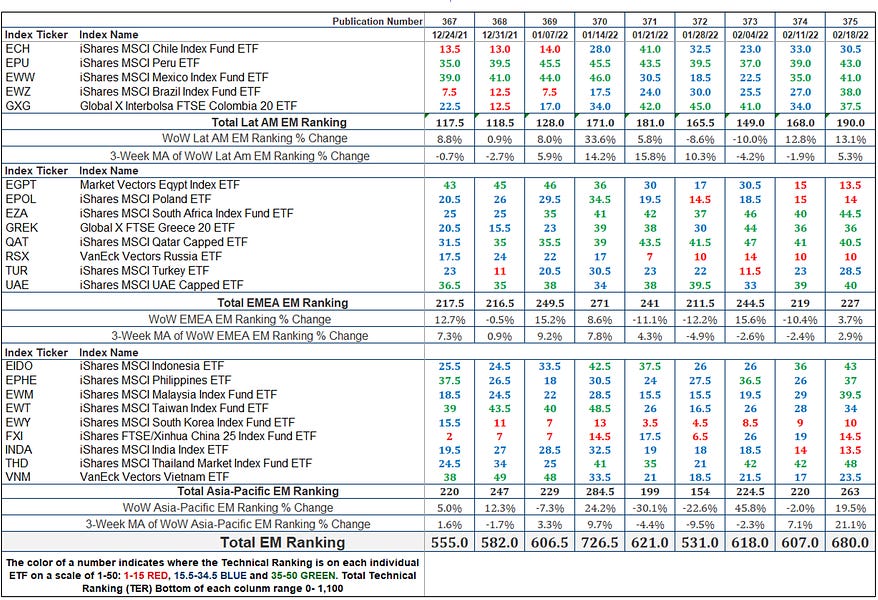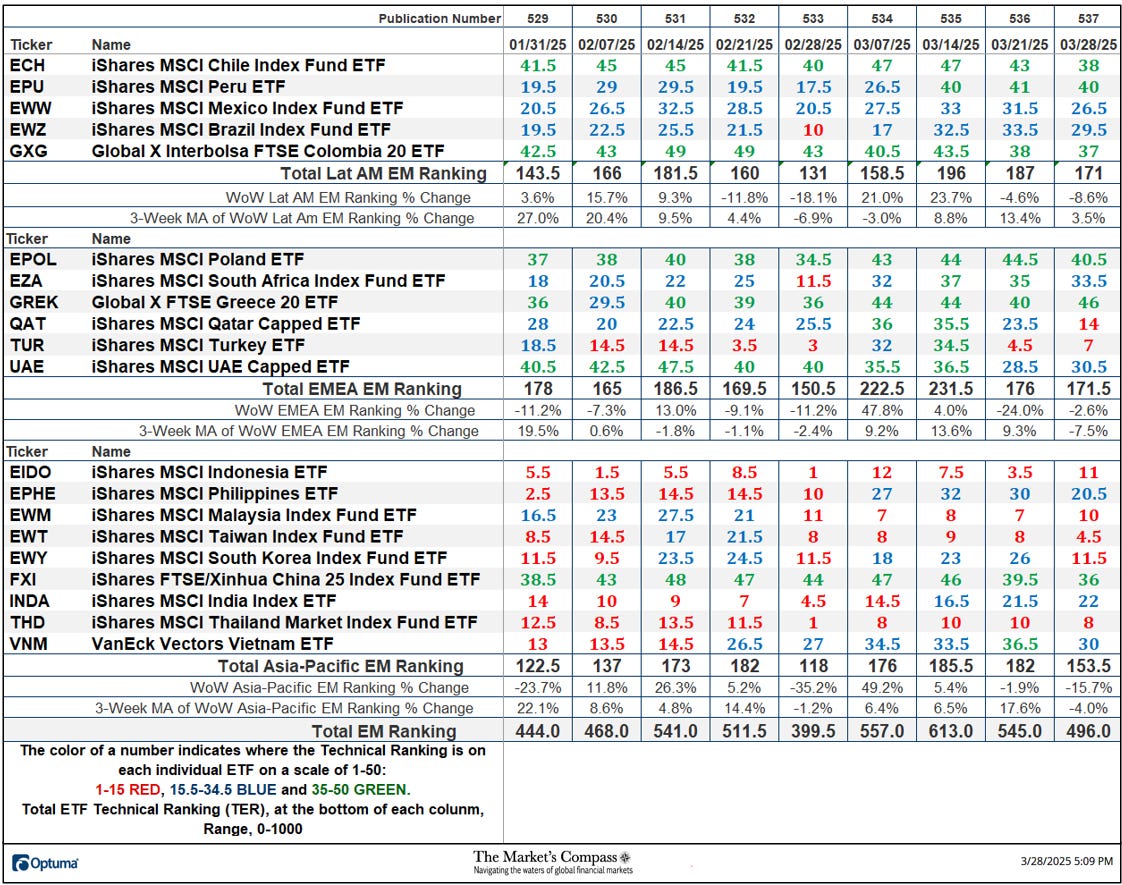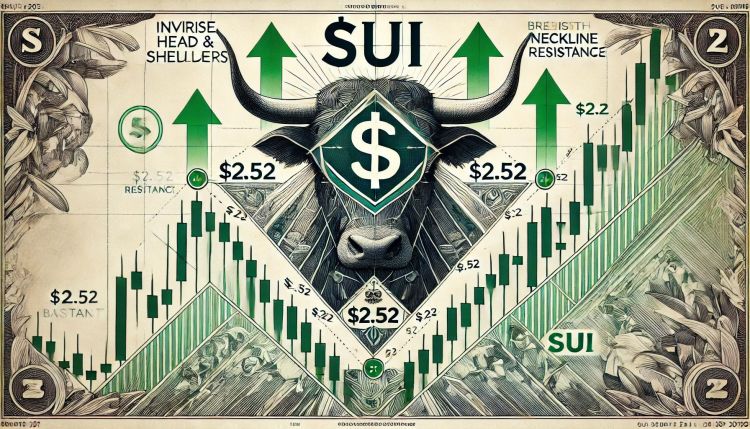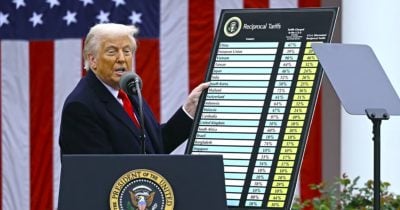This is the first publication of the Market’s Compass Emerging Markets ETF Study to be published in our Substack Blog that will highlight the technical changes of the 22 EM ETFs that we track on a weekly basis. Please note, due to previous commitments of the author this study is being published today but was compiled Monday and all data is of last Friday, February 18th. Past publications can be accessed via The Market’s Compass website or by contacting us directly.
Last Week’s and 8 Week Trailing Technical Rankings of Individual ETFs
The Excel spreadsheet below indicates the weekly change in the Technical Ranking (“TR”) of each individual ETF. The technical ranking or scoring system is an entirely quantitative approach that utilizes multiple technical considerations that include but are not limited to trend, momentum, measurements of accumulation/distribution and relative strength. If an individual ETFs technical condition improves the Technical Ranking (“TR”) rises and conversely if the technical condition continues to deteriorate the “TR” falls. The “TR” of each individual ETF ranges from 0 to 50. The primary take away from this spread sheet should be the trend of the individual “TRs” either the continued improvement or deterioration, as well as a change in direction. Secondarily a very low ranking can signal an oversold condition and conversely a continued very high number can be viewed as an overbought condition but with due warning over sold conditions can continue at apace and overbought securities that have exhibited extraordinary momentum can easily become more overbought. A sustained trend change needs to unfold in the “TR” for it to be actionable.
As can be seen above, of the three Emerging Market Country regions we track, only the five Latin America Country ETFs have sported Technical Rankings (“TRs”) that have been above the “red zone” (above 15) for the past six weeks. The chart below is of the iShares Latin America 40 ETF (ILF) which broke out of a six-month downtrend in January clearly delineated by the red dashed channel) in concert with a turn in MACD which has been tracking higher in positive territory. The top 15 holdings in the ILF ETF (panel following price chart) are heavily weighted with Brazilian equities and in turn the iShares MSCI Brazil Index Fund ETF has a very similar price pattern.
The EEM with This Week’s Total ETF Ranking “TER” Overlayed
The Total ETF Ranking (“TER”) Indicator is a total of all 22 ETF rankings and can be looked at as a confirmation/divergence indicator as well as an overbought oversold indicator. As a confirmation/divergence tool: If the broader market as measured by the iShares MSCI Emerging Markets Index ETF (EEM) continues to rally without a commensurate move or higher move in the “TER” the continued rally in the EEM Index becomes increasingly in jeopardy. Conversely, if the EEM continues to print lower lows and there is little change or a building improvement in the “TER” a positive divergence is registered. This is, in a fashion, is like a traditional A/D Line. As an overbought/oversold indicator: The closer the “TER” gets to the 1100 level (all 22 ETFs having a “TR” of 50) “things can’t get much better technically” and a growing number individual ETFs have become “stretched” the more of a chance of a pullback in the EEM. On the flip side the closer to an extreme low “things can’t get much worse technically” and a growing number of ETFs are “washed out technically” an oversold rally or measurable low is close to be in place. The 13-week exponential moving average in Red smooths the volatile “TR” readings and analytically is a better indicator of trend.
The EEM Total Technical Ranking (“TER”) of the 22 Emerging Market Country ETFs rose to 680 from 607, resulting in a +12.03% increase week over week. Moves of this caliber are more the norm than they are outliers. We remind readers that because a good number EM ETFs are thinly traded and are subject to wide swings which in turn creates volatile individual Technical Ranking changes, that the calculation of the TER also fluctuates in a similar manor. Analytically, focusing on the 13-week moving average of the TER is a far better indicator. That moving average has not made a new low, and as can be seen on the chart above, there has been a series of higher lows in the TER since the July of last year (yellow dashed lines) as the EEM has continued to trade lower from the February 16, 2021, high. TER divergences take time to develop, and only if we begin to see price break out of the down trend or the TER decisively break out of the contracting triangle to higher highs would we be prepared to suggest that the EEM may be out of the woods.
The Average “TR” Ranking of the 22 EM ETFs
The Average Weekly Technical Ranking (“ATR”) is the average Technical Ranking (“TR”) of the 22 Emerging Markets Country ETFs we track weekly and is plotted in the lower panel on the weekly candle chart of the iShares MSCI Emerging Markets Index ETF (EEM) presented below. Like the “TER”, it is a confirmation/divergence or overbought/oversold indicator.
The Average Technical Ranking (“ATR”) of the 22 Emerging Markets Country ETFs rose slightly last week but the trend, as can be seen by the longer-term moving average (blue line) remains flat in a sideways churn although the shorter-term moving average (red line) is beginning to hint at a turn. The EEM has been in a grinding downtrend since February of last year and broke Cloud support in December and has remained trapped under it and the Kijun plot (green line) since then. That said the “ATR” has avoided printing a lower low as prices appear to be stabilizing. It would be technically premature to suggest that a turn in trend has begun to unfold but it is always prudent to pay attention to potential technical “whispers”.
The Week Over Week Change in Technical Rankings
The previously mentioned iShares MSCI Brazil Index Fund ETF (EWZ) registered the best gain in “TR” over the week (rising 11 to 38 from 27), followed by the iShares MSCI Philippines ETF (rising 11 to37 from 26) and the iShares Malaysia Index Fund ETF (rising 10.5 to 39.5 from 29). Data is courtesy of Optuma
The Emerging Markets Country ETFs Weekly Absolute and Relative Price % Change*
*Does not including dividends and prices changes are from February 14th to 18th
Twelve of the 22 Emerging Markets Country ETFs we track improved on an absolute basis last week, led by the iShares MSCI Thailand ETF (THD) up +2.69%. The THD also registering the best weekly “TR” at 48 (chart below), followed by the iShares MSCI Philippines ETF (EPHE) up +2.19%. Twelve EM ETFs outperformed the iShares MSCI Emerging Markets ETF (EEM) which, although not unprecedented, was unchanged on the week as was the iShares MSCI UAE Capped ETF (UAE). On a relative basis 9 EM ETFs underperformed.
I invite our readers to contact me with any questions or comments at…tbrackett@themarketscompass.com





















